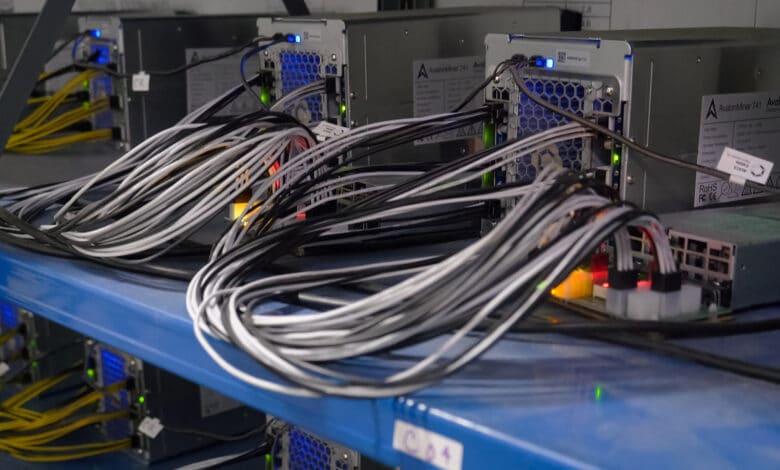
With the Kioxia PM7, the manufacturer has introduced a new generation SSD which relies on the Serial Attached SCSI interface (SAS) for server-side mass storage. The new model builds on SAS-4, also known as 24G SAS, and implements up to 30.72 terabytes of storage in a 2.5-inch format with 3D TLC NAND.
Kioxia PM7 with new 3D NAND
For the Kioxia PM7, the SAS SSD for servers switches to the fifth generation of 3D NAND with a total of 112 layers, resulting in a corresponding increase in performance. Up to 720,000 IOPS are said to be possible in sequential read – an increase of around 20 percent compared to the 595,000 IOPS achieved by the predecessor model PM6. Up to 355,000 IOPS should still be possible for sequential writes.
The speed has hardly changed between the generations, because it is supposed to be 4,200 MB per second according to Kioxia. The 30.72 TB of maximum storage capacity also remains unchanged from its predecessor.
PM7 with 1 DWPD and 3 DWPD
A total of two variants of the Kioxia PM7 are offered. If there is only a low write volume, the 1 DWPD model is interesting, which is designed to fill the drive per day within the warranty period (Drives Writes Per Day). The manufacturer offers this model with capacities between 1.92 TB and 30.72 TB.
However, the PM7 is also available with 3 DWPD for higher loads and mixed requirements, but you have to make do with capacities between 1.6 TB and 12.8 TB. At the same time, the new server SSD has received a Federal Information Processing Standards (FIPS 140-2) certification from the National Institute of Standards and Technology (NIST), which describes the security requirements for cryptographic modules. FIPS 140-3 certification for additional security is currently pending.
Kioxia continues to see strong demand for SAS data carriers, at least in the server sector. Competitor Samsung also offers enterprise SSDs with SAS 24G, namely in the PM1653 series. They also have capacities of up to 30.72 TB and achieve slightly higher performance values with around 800,000 IOPS during reading. In the future, however, server SSDs will also increasingly rely on the PCI Express standard, which is already standard in the end customer segment.
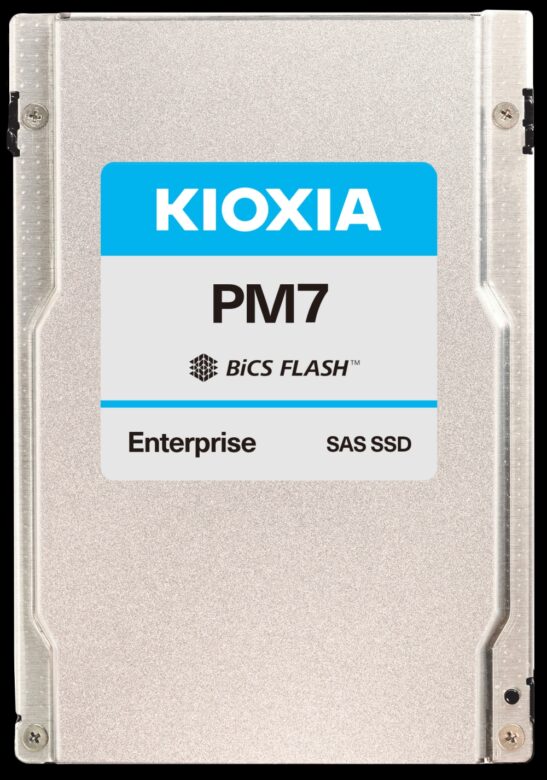
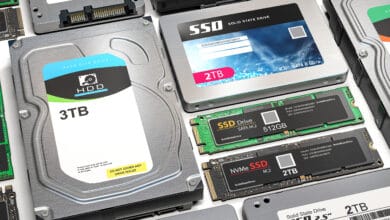
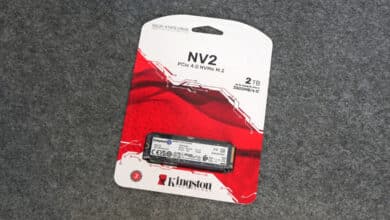
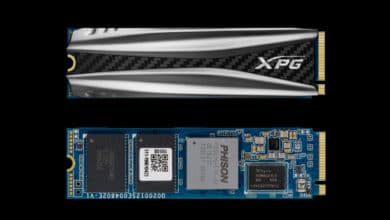
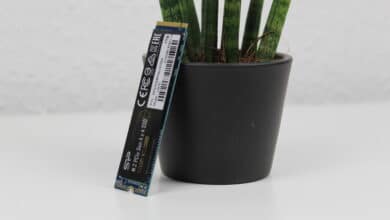
No replies yet
Neue Antworten laden...
Neues Mitglied
Beteilige dich an der Diskussion in der Basic Tutorials Community →